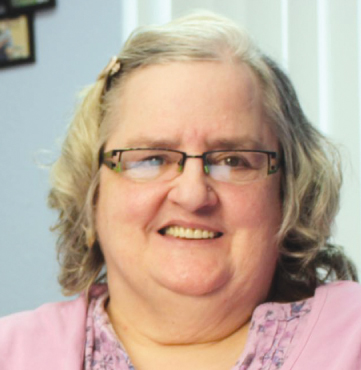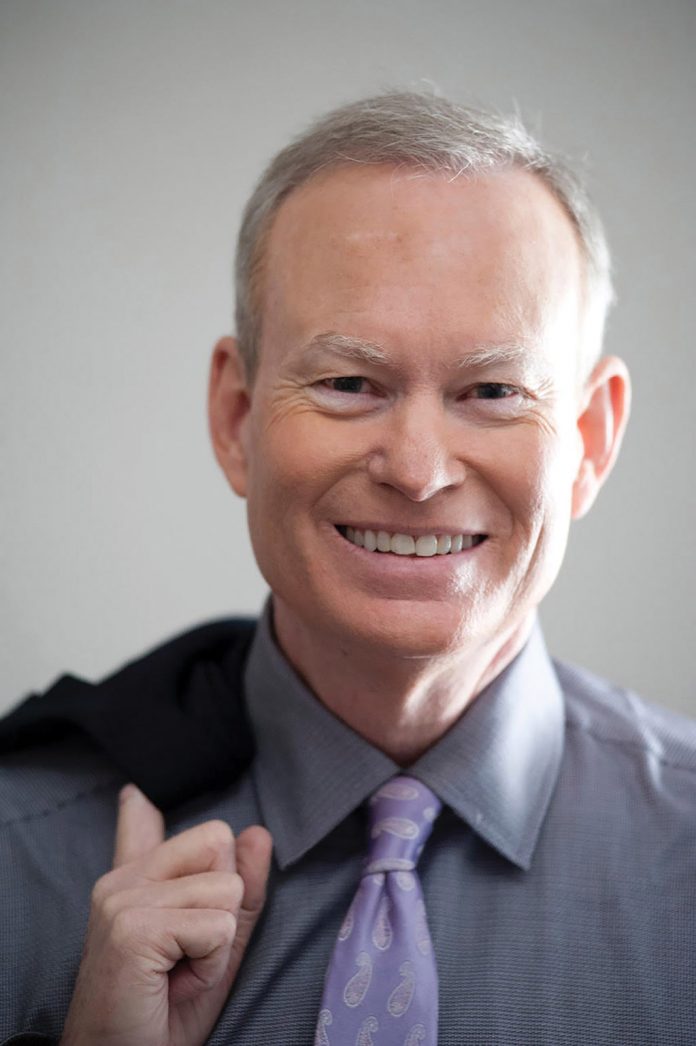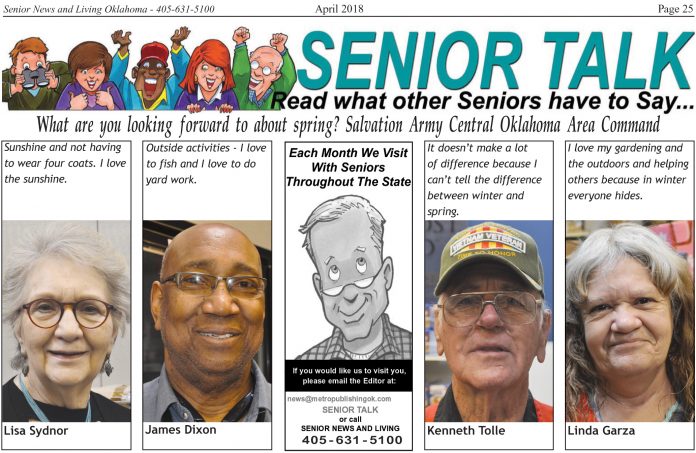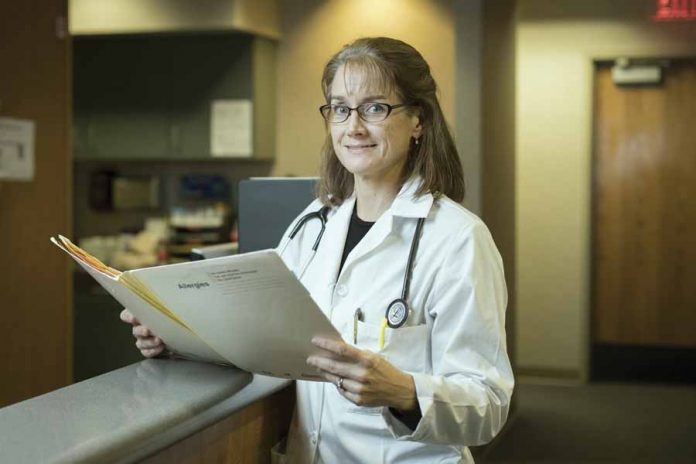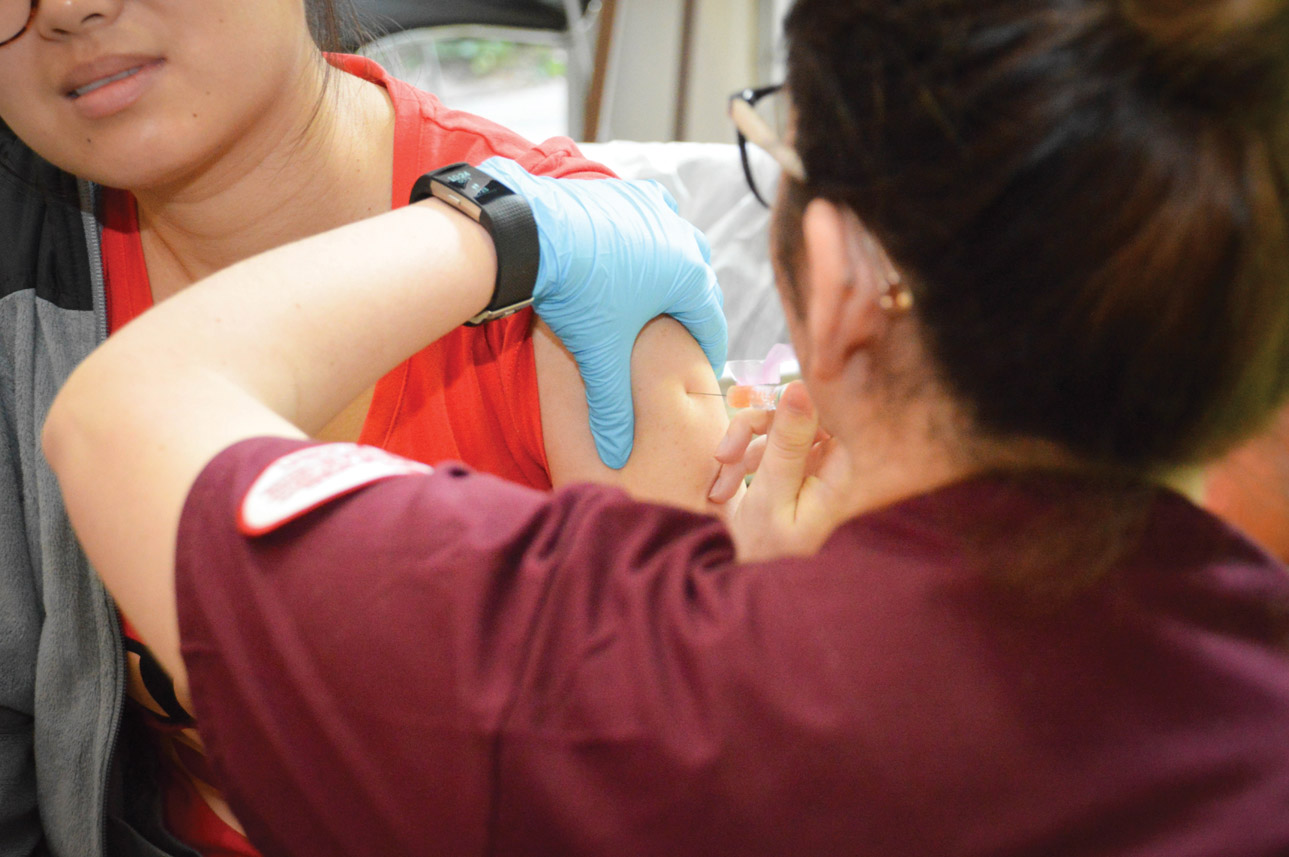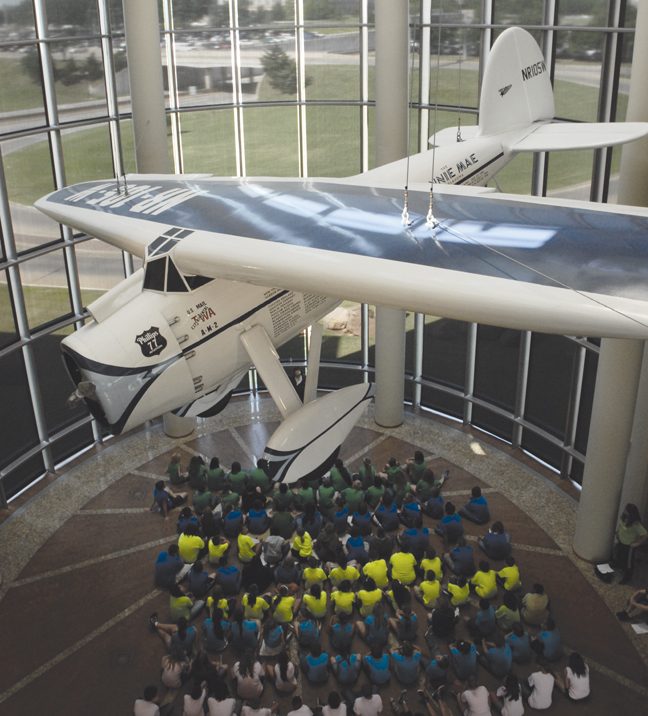Sex crimes. Guns and nuclear weapons. Uncertain leadership. Hurricanes. Mass shootings in our schools and malls.
Those topics drove the daily news on both local and national levels in 2017.
Other news dominates the prayer time of church services at the nursing home where I live: people diagnosed with cancer, family who doesn’t visit, children who’ve gone astray, friends who’ve died, service men and women.
Some of the prayer requests are repeated word for word, week after week. At times, I struggle to empathize with the person who’s crying for someone to see the world as she does, to care, to make the daily rounds of discouragement stop.
But then I recognize I have a tendency to do the same thing. When I hear myself repeating the same request several times, I realize that struggle is my norm. Some days, I feel wide awake and can work with a clear head for several hours. Those are the exception. Other days, like today, I wake up with a headache and muscle pain. Somehow the normal, not-so-good days, strike me as more noteable than the so-called good days.
The media also reports stories of heroism and larger-than-life personalities. We celebrate the stories, but worry about the scary stuff, casting gloom with social media tidbits. At the nursing home, we welcome happy news of birthdays, births, anticipated visits. It’s not always easy to find.
After one sleepless night, I gave passing thought to staying in my room. Instead, I decided to go to the service. As soon as I arrived, I spoke to the leader. “I’m here by faith today. Please pray for me.” My physical health didn’t improve but my attitude did. As I told the teacher, God is good even when I don’t feel it.
So, was it bad news-illness? Or was it good news-God’s faithfulness? Apparently, my perception decided where on the good-to-bad scale the day fell.
My granddaughter’s high school graduation arrived with news of her unwed pregnancy. The unexpected development has become has become a case for great rejoicing within the family.
Last month, I spent three days in the hospital after a possible heart attack. They gave me a multitude of tests before releasing me. My heart was in the same shape it was in ten years ago. That’s a miracle!
The last time I awaited surgery, I wrote cheers to fight the fear of death I struggled with. This time, I faced the possibility of heart stints and blood transfusions in absolute peace.
My son, Jaran, has endured more than many men his age (38). All his wife’s elder relatives have passed away over the past ten years. His family deals with a never-ending cycle of difficulties ranging from illness to injury, divorce, and the like. In spite of it all, their faith grows, my son has favor with his employer, and he actively shares his faith.
My cousin Jan experienced an early brush with simultaneous loss-her mother’s death and divorce. They prepared her for the ordeal when her son almost died from a traffic accident.
Look at presidential elections. Every four years multiple camps fight, convinced their candidate is the best for the country. After election night, a good percentage of the population is disappointed with election results-bad news to that party or candidate.
If I allow myself to be afraid of bad news, I’ll in a constant state of distress.
In my life, I’ve decided that when rain falls, it sometimes creates natural disasters as often as if provides necessary refreshment. The news, like the rain, is neutral by itself. What varies is how I respond.
When I first started to earn additional income from writing, I planned to use it to pay down debt or build a small savings amount. Instead, it would arrive when my car needed repair or my glasses had broken. The pay I had anticipated as good financial news instead could have become a matter of discouragement. It happened often enough that I learned to thank God for providing for unexpected expenses and letting go of my plans.
We don’t know the author of Psalm 112, but he says people don’t have be afraid of bad news. That’s good to hear, because it comes our way frequently.
The psalmist isn’t concerned about the news, good or bad. The point is “their hearts are steadfast, trusting the Lord.”
That’s how we can be sure we can withstand daily news: To stand secure in the circle of God’s loving care.
When not writing best-selling fiction, Franklin pens a column for Book Fun Magazine, “The View Through My Door,” her unique perspective on life from a nursing home. Franklin’s titles are available at online retailers as e-books and in print. Her complete list of fifty, as well as dozens of collections to which she contributed, can be found at https://www.amazon.com/Darlene-Franklin/e/B001K8993A.


